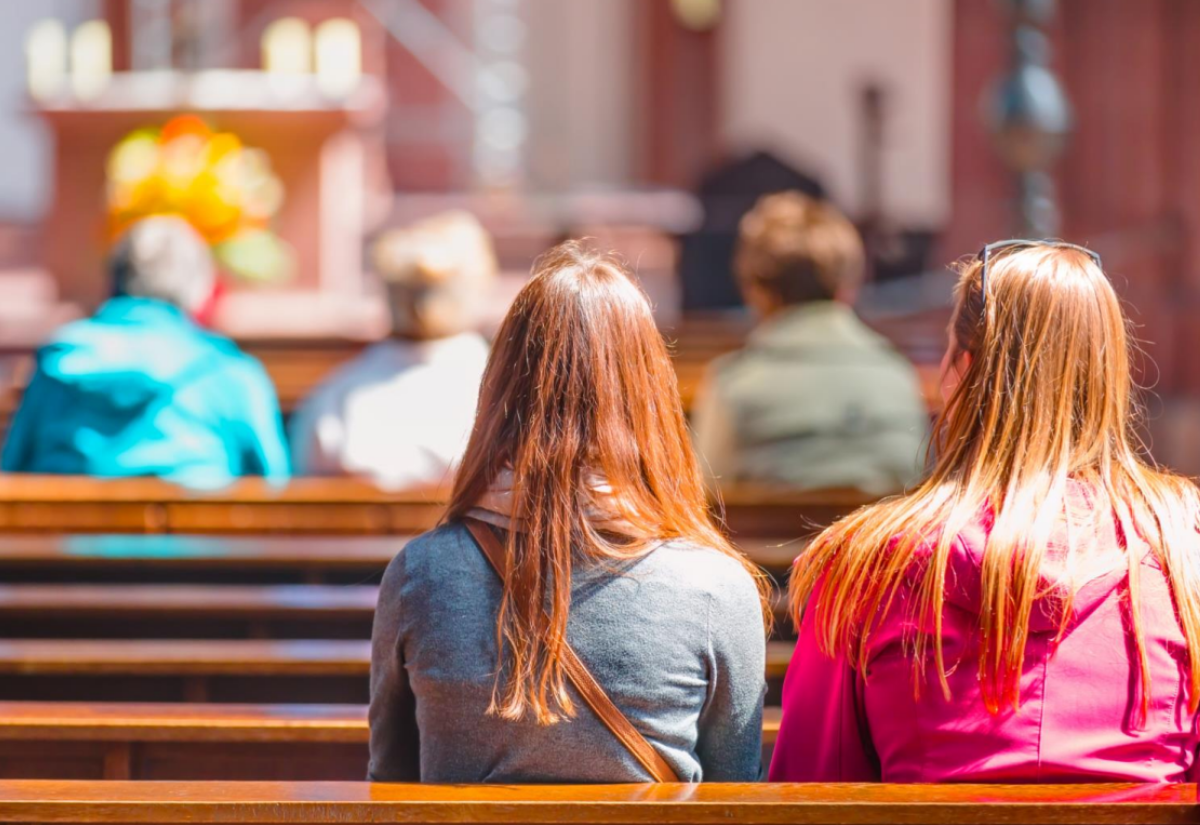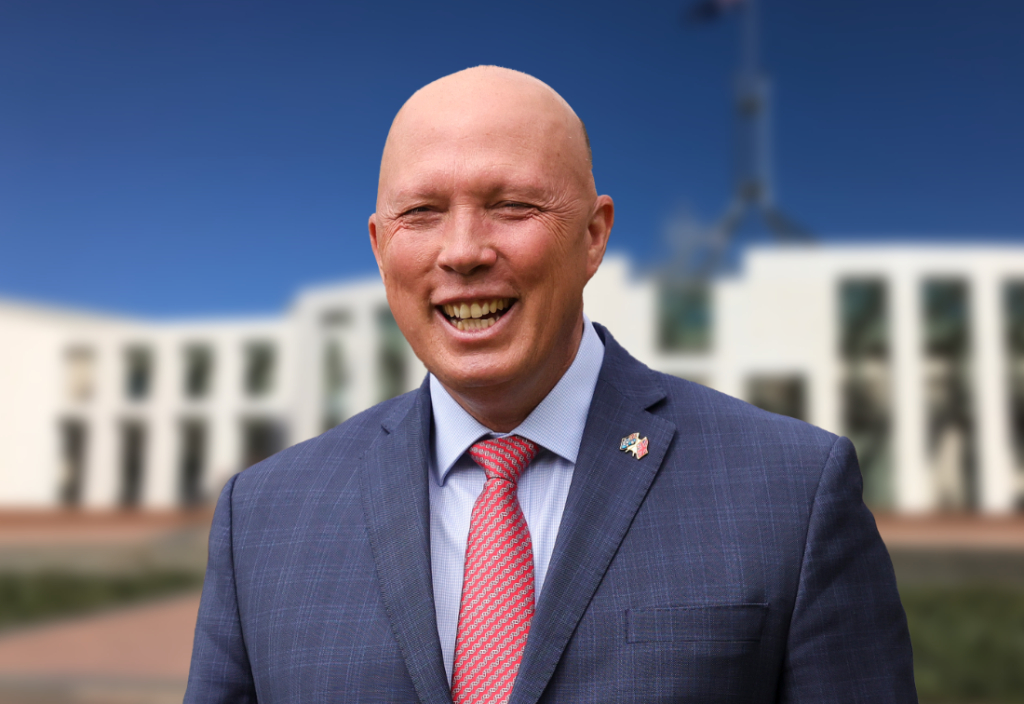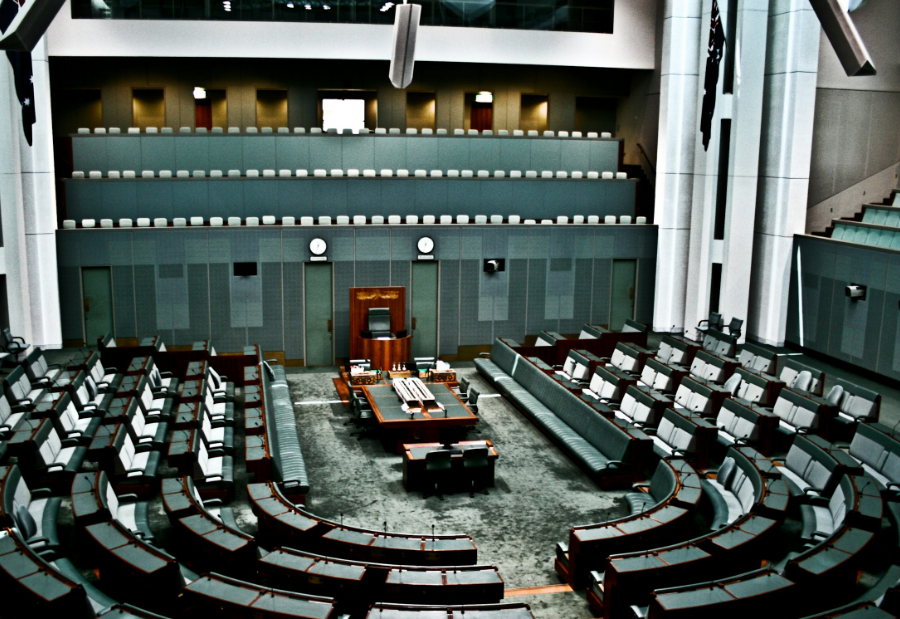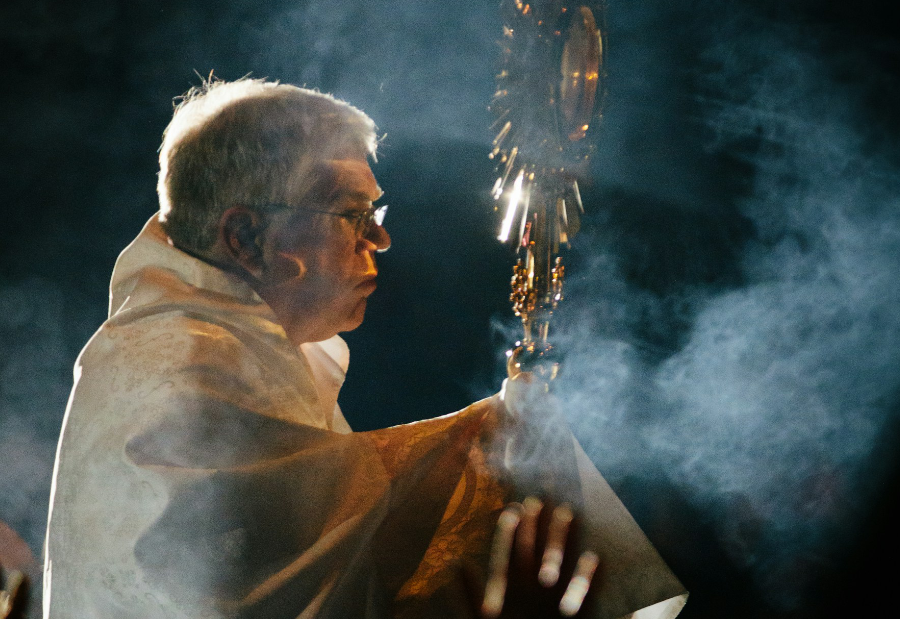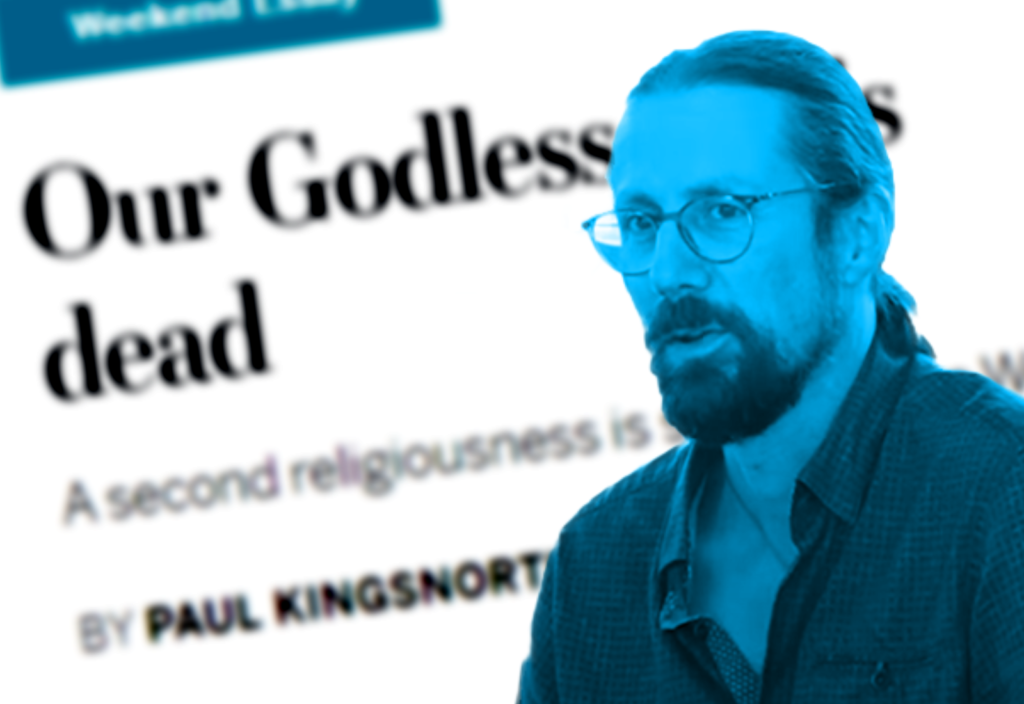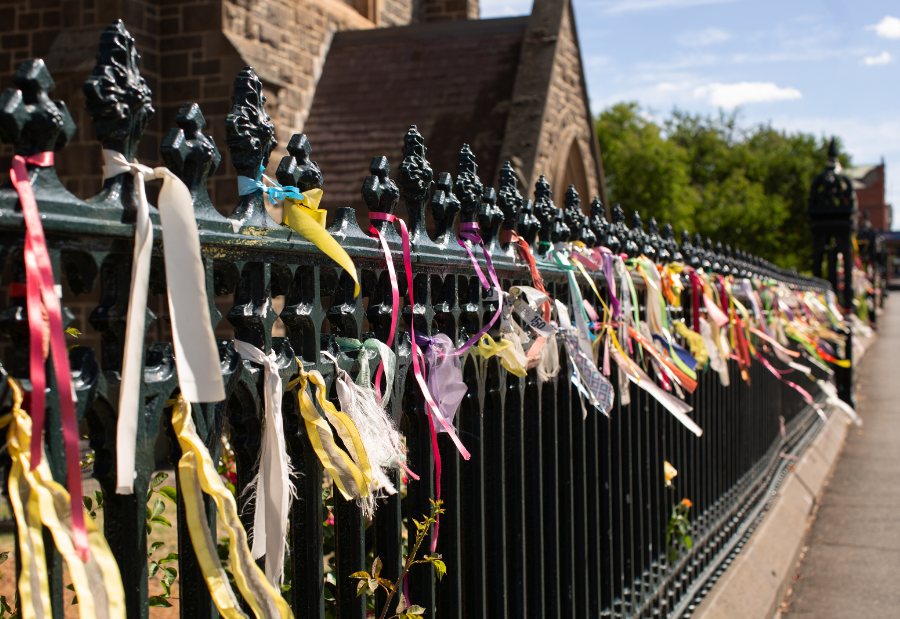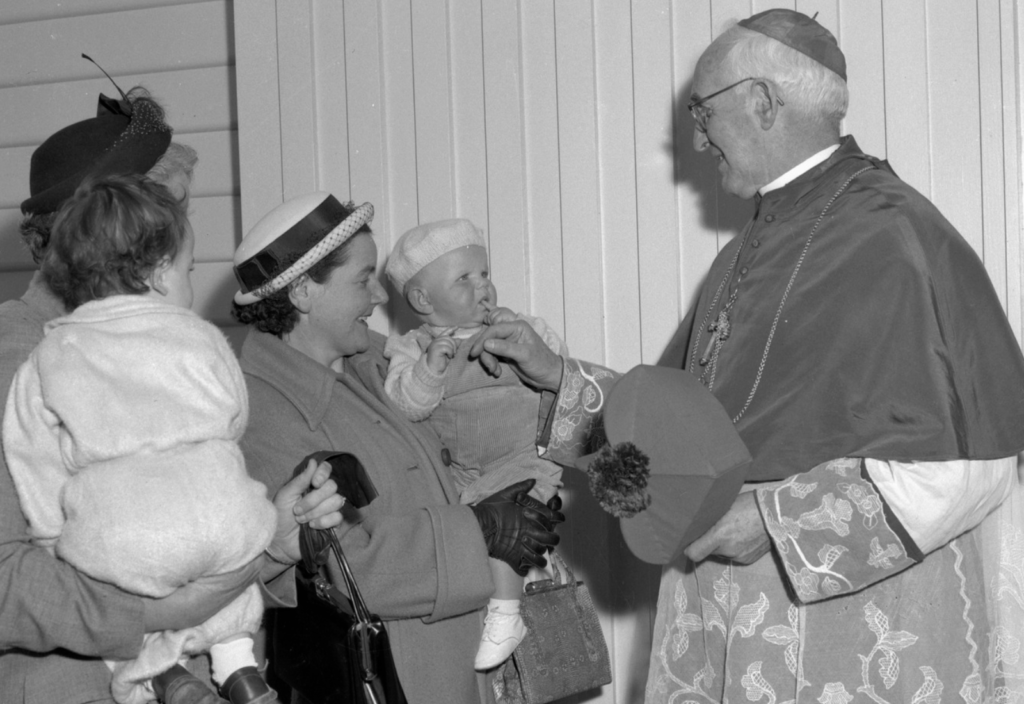This foreword appears in ‘Religiosity in Australia: Religious minds, religious collectives’.
The Rationalist Society of Australia believes — and has been arguing since its foundation in 1906 — that all public policy decision making should be based on empirical evidence, logic, and thoughtful reflection. We prefer reason to prejudice, science to superstition, and evidence to faith.
But while our worldview is secular, we are also absolutely committed to freedom of religion and belief. That does not mean supporting state or federal legislation, like the Morrison government’s mooted Religious Discrimination Bill, that may be used as a sword rather than shield — enabling the imposition of religious beliefs, or bodies claiming to be religious to act more or less as they please. But it does mean that we strongly oppose any form of discrimination against individuals because of their religious attachments or beliefs.
Our ranks include those of all shades of religious and spiritual belief. My fellow Patron and friend of many decades Michael Kirby is, as he makes clear in his Foreword to Part 1 of this splendid Religiosity in Australia report, a life-long committed Anglican. I, by contrast, have been (at least since a period of early adolescent attachment to Billy Graham!) a lifelong atheist. As I became more sensitive to the reality, and more conscious of the randomness of human suffering, I simply found it impossible to believe in, let alone worship, a deity who could be, simultaneously, all-powerful, all-knowing, and all-good. And what has sustained and motivated me since has been rooted in my perception of the reality and dignity of our common humanity, rather than anything remotely spiritual.
What unites Michael Kirby and me, and all Rationalists, is that we fully support secularism in the public sphere. Whether or not we share, or can even begin to comprehend, others’ religious and spiritual beliefs, we fully understand and respect the extent to which these do matter in people’s lives — not least in offering real consolation at times of grief. What people choose to believe, or the organisations they choose to join, in their private lives should be no one else’s business, provided they are not doing harm to others or (for example through spurious claims for tax exemption) the wider public interest. But they should have no priority when it comes to influence in the public space.
The great contribution of this multi-volume report by Neil Francis is to make an overwhelming case for this position. Part I, systematically assessing personal faith ‘according to the numbers’, made it clear beyond argument that there is no longer, if ever there was, a clear majority of the Australian community holding strong religious beliefs. While at the 2016 census, an oft-quoted 60 per cent of Australians indicated an affiliation with a religious denomination, this report shows that the numbers are much lower when it comes to actual belief and practice. Moreover, seven in ten Australians say that religion is not personally important to them, including nearly two-thirds of Anglicans, and around half of Catholics and non-Christian denominations.
This second volume adds further reach, depth, and nuance to the findings of the first. There is some fascinating analysis of what ‘religion’ and ‘spirituality’ actually mean and how they are different, what constitutes their appeal, and how religionists experience their faith. But the bottom line remains that Australia has seen large decreases in religion and religiosity over recent decades, there is a huge gap between nominal religious affiliation and active religious commitment — and there is no reason whatever for political decision makers to take any notice at all of those religious conservatives who have become very strident in recent years in claiming special privileges for religious individuals and organisations. The comprehensive failure of Cory Bernardi’s Australian Conservatives is recent evidence of just how little traction there is for overt religious crusading in contemporary Australian politics.
Let religiosity, in all its complex manifestations, forever bloom in the private realm. But in contemporary Australian society it has no place in the public realm. Religiosity in Australia is not only an outstanding piece of research and analysis, for which Neil Francis and the leadership of the Rationalist Society deserve huge congratulations, but a clarion call to rethink some of the many casual assumptions about the role of religious, as distinct from humanist and rationalist, values in the conduct of our national life.
A good place to start might be, as a newspaper correspondent recently suggested, to replace the Christian prayer with which so many of our parliaments commence their working day with one that calls upon legislators to use logic, reason, respect and facts when making decisions that affect the rest of the population. Not that, on current evidence, any such prayer is likely to be answered anywhere anytime soon …
This is a sound and evidence-based account of Australia’s real relationship with religion, and I warmly recommend it to our national policymakers and all those who seek to influence them.
Melbourne
1 August 2021
Photo by Muratart/Shutterstock.com

